Sound-letter association Normal Worksheets for Ages 4-9
4 filtered results
-
From - To
Discover our effective Sound-letter Association Normal Worksheets for ages 4-9, perfect for enhancing early literacy skills. These engaging, age-appropriate worksheets help children connect sounds to their corresponding letters, fostering essential reading and writing foundations. With fun activities and educational exercises, kids can develop phonemic awareness, improve letter recognition, and boost their confidence in reading. Ideal for home or classroom use, our printable worksheets offer a great blend of learning and fun. Support your child’s journey towards literacy with our carefully crafted resources. Access the best tools to make learning enjoyable and effective, only at Kids Academy!
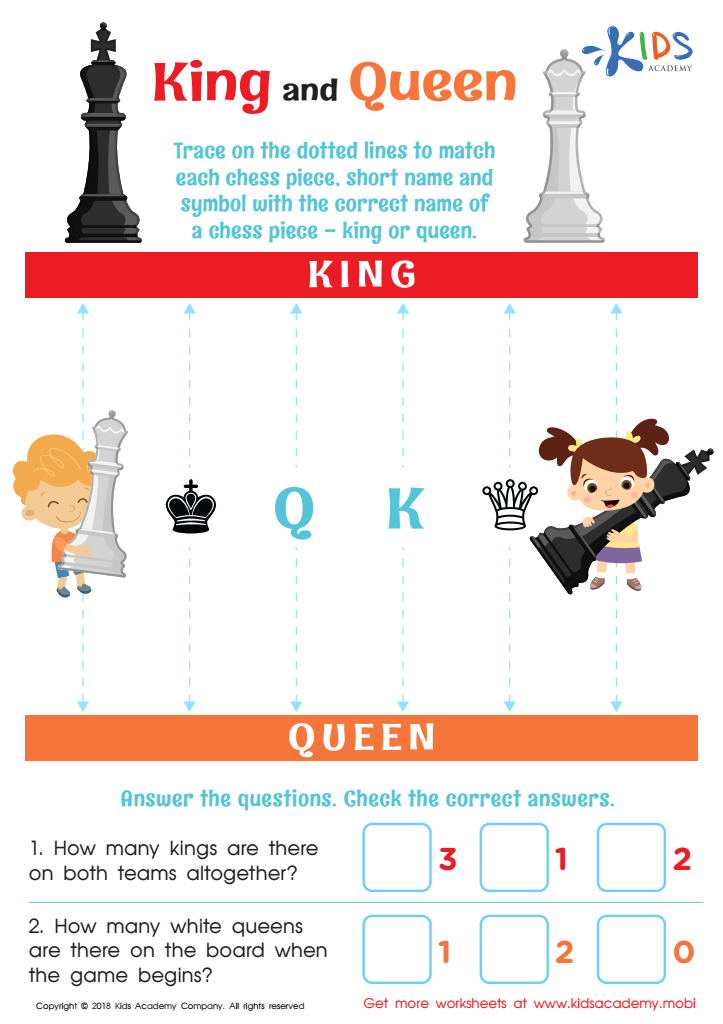

King and Queen Worksheet
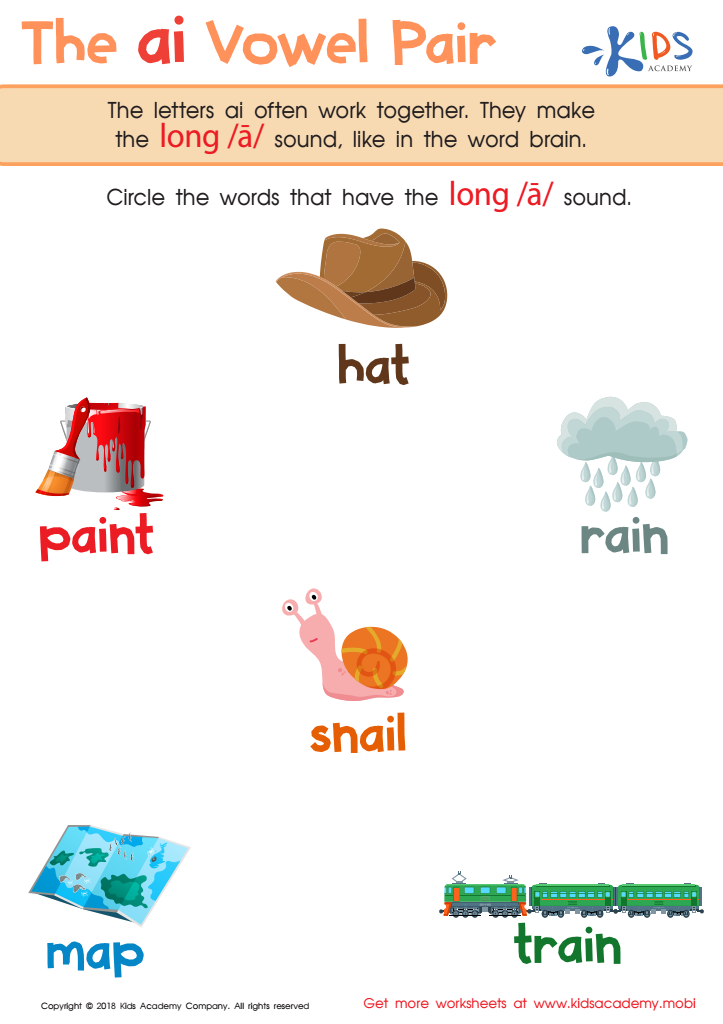

The AI Vowel Pair Worksheet
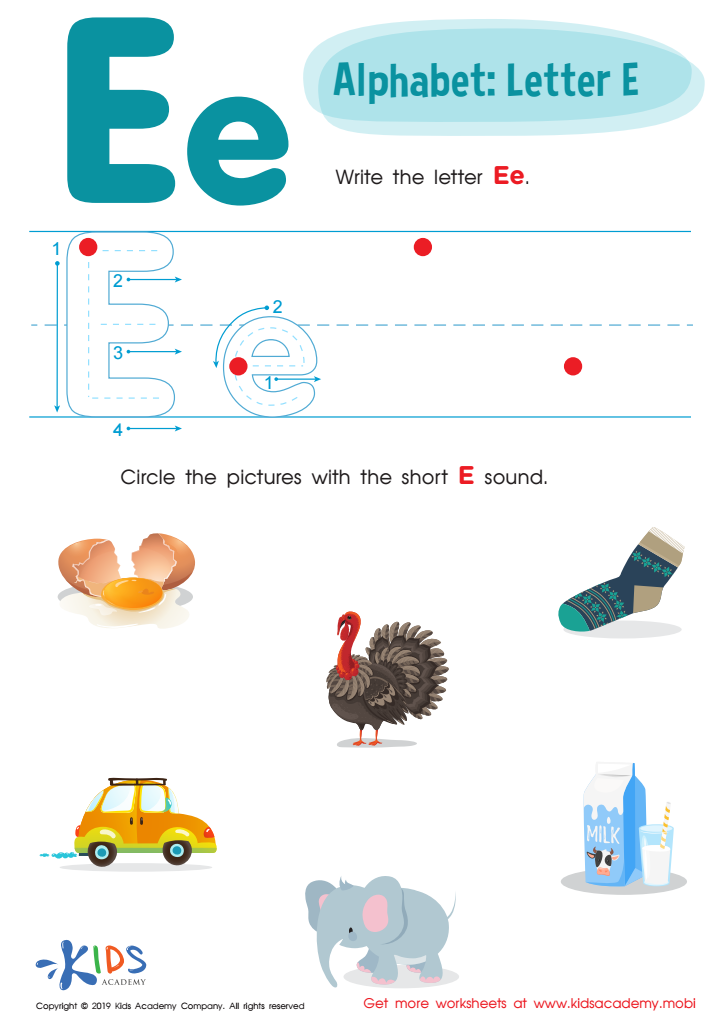

Letter E Tracing Worksheet
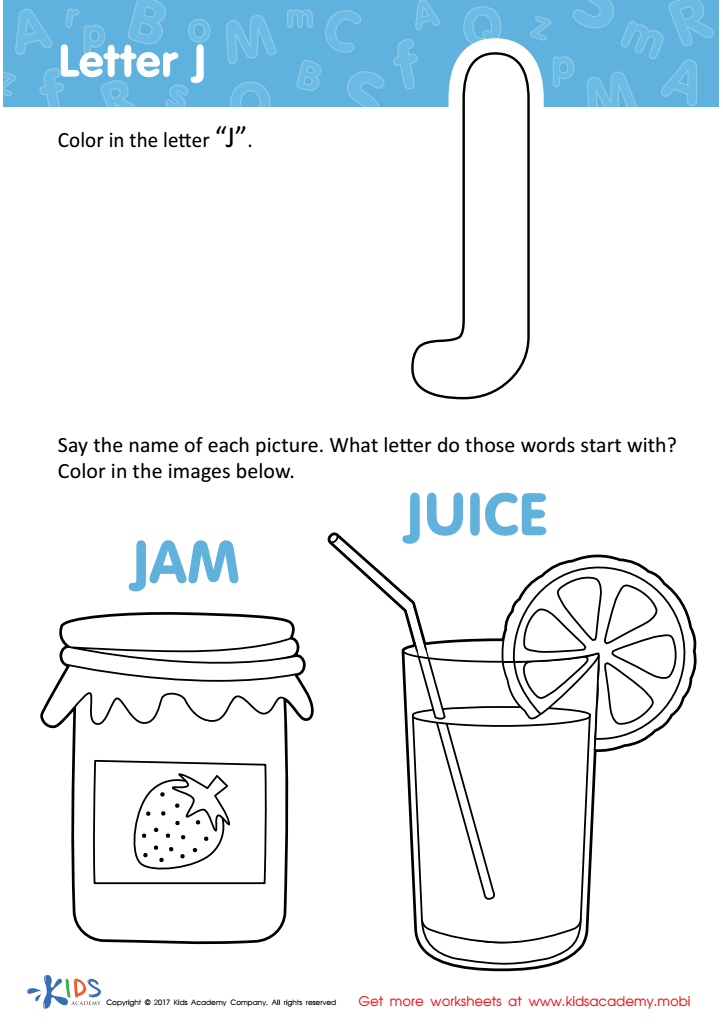

Letter J Coloring Sheet
Sound-letter association is crucial for children ages 4-9 because it lays the foundation for reading and writing, which are fundamental skills for academic success. During this critical developmental window, young learners are in a prime position to absorb and understand the relationship between sounds and the letters that represent them, a skill known as phonics.
Understanding sound-letter associations allows children to decode words while reading and to spell words correctly while writing. It aids in phonemic awareness, which is the ability to hear, identify, and manipulate individual sounds in spoken words. Early mastery of phonics leads to better word recognition, improved fluency, and enhanced comprehension. When children grasp these connections, they become more confident readers, and this confidence propels them towards greater literacy achievements.
Moreover, solid literacy foundations enhance cognitive skills such as memory, attention, and problem-solving. When children struggle with sound-letter associations, they may find reading laborious and frustrating, which could diminish their interest in learning. By prioritizing this aspect of literacy, parents and teachers can help ensure that children develop a love for reading early on, setting them on a path for lifelong learning and success.
Investing time and resources into teaching sound-letter associations can also help identify and remediate potential learning difficulties early, providing children with the support they need to thrive academically and emotionally.

 Assign to My Students
Assign to My Students




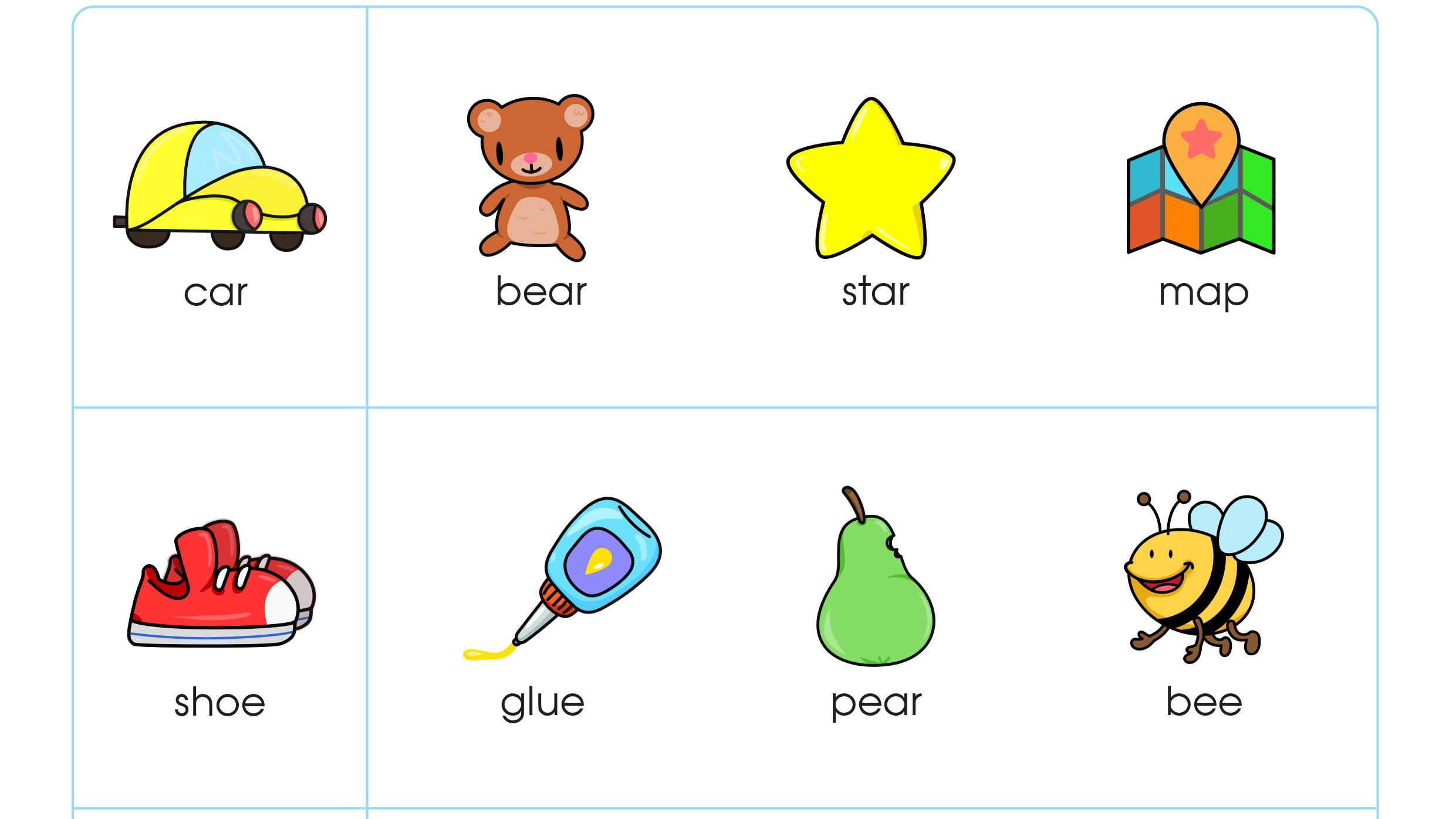




.jpg)









